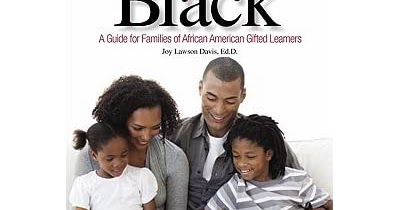Dyslexia
“Dyslexia is a specific learning disability that is neurobiological in origin. It is characterized by difficulties with accurate and/or fluent word recognition and by poor spelling and decoding abilities. These difficulties typically result from a deficit in the phonological component of language that is often unexpected in relation to other cognitive abilities and the provision of effective classroom instruction. Secondary consequences may include problems in reading comprehension and reduced reading experience that can impede growth of vocabulary and background knowledge.” ~from the International Dyslexia Association
Up to 15-20% of the population as a whole may have symptoms of dyslexia, including slow or inaccurate reading, weak spelling, and poor writing. It is imperative, therefore, that all educators, administrators, and parents are not only aware of the prevalence of dyslexia, but are also educated in the aspects of identification, prevention, and best instructional practices.
Read
The International Dyslexia Association has published two essential handbooks, one for educators and one for families, to help navigate information on dyslexia. The IDA also publishes two journals: the quarterly Perspectives and the tri-annual Annals of Dyslexia (member only). Doctor Dyslexia Dude is a graphic novel series that is the story of an African-American boy who is also a colorful super hero with Dyslexia. A link to the author's blog is below. The Tennessee Center for the Study and Treatment of Dyslexia created the ebook below to help educators and parents understand dyslexia. This is just one of the many resources available on their website (see explore section below).
Watch
Listen
Connect
Connect with others on FaceBook:
Connect with others on X (Twitter):
Explore
The following websites include multiple resources for families, students, and educators.
Learn
Watch the 6 part Dyslexia Awareness series from Made by Dyslexia and Microsoft to learn more about dyslexia. If you are interested in further training as an educator, watch the video below, presented by Dr. Stephanie Stollar and Concha Wyatt, to understand the various training options.
